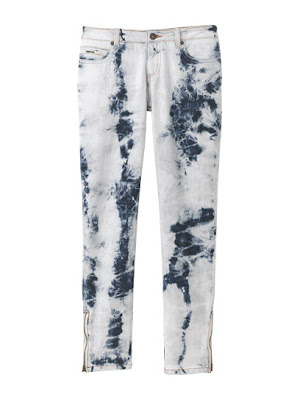I love aquariums but algae is the bane of my existence. I have a RSM 130 with extensive mods and to be honest I almost gave up the hobby. No matter what I did I could never get the algae to die. I tried water changes, live stock route (2 lettuce slugs, one is now huge, bali monster (sea hare), crabs of all kinds), and tons of purigen, chemipure and upgrading to a tunze skimmer. In the end what worked best for me was when I hydrogen peroxide. I dipped the life rock and zoanthid for five min. The zoo came out great and the live rocked I have dipped is crystal clean. I have not tried it on other LPS (xenia, mushroms, ricordias), so am a little worried about that.
I did water tests and I really could never figure out what was wrong, sometimes the phosphates were a little high, like .2 but not often. I think though it really helps to give the critters a change to catch up. Also kills every live nuisance organisms. I could not believe the flat worms I had or even the bristle stats. Also kills those annoying weird shaped artesma. Give it a try, about 4 to one tank water to peroxide. Works great.
I did water tests and I really could never figure out what was wrong, sometimes the phosphates were a little high, like .2 but not often. I think though it really helps to give the critters a change to catch up. Also kills every live nuisance organisms. I could not believe the flat worms I had or even the bristle stats. Also kills those annoying weird shaped artesma. Give it a try, about 4 to one tank water to peroxide. Works great.

